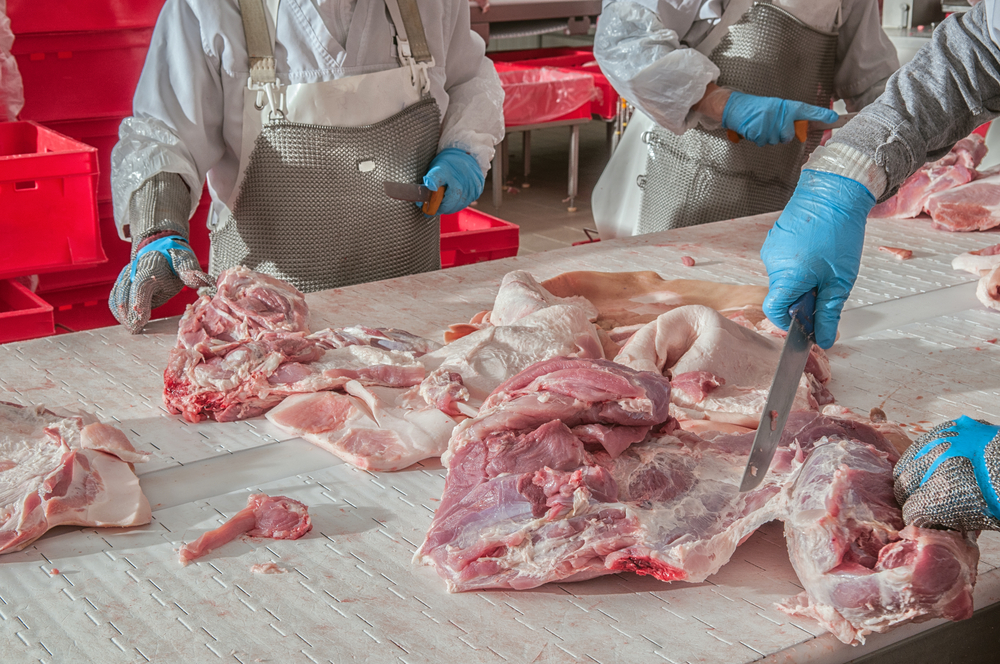Non-resident population register is riddled with fraud: NRC

Four investigations into fraud involving BSN numbers and workers from outside the EU are currently underway in the Netherlands, the NRC reported on Thursday.
The paper said the registration system for seasonal work is sensitive to fraud and that “thousands” of illegal migrant workers are taking advantage of the flaws to work in the Netherlands without permits.
Foreign nationals who come to work in the Netherlands are able to get a BSN via their local authority’s population registry, if they sign up as not being permanent residents. The RNI register records people who come to work in the Netherlands for less than four months and who don’t need a permanent address.
Councils are not allowed to refuse to register someone if their identity papers are in order.
Once they have a BSN, the new arrival is able to work, open a bank account and register at the Chamber of Commerce.
The NRC says the investigations focus on people from Brazil, Uzbekistan, Georgia, Moldova and Albania, who work illegally in construction, farming, meat processing and cleaning.
According to the home affairs ministry, 124,000 non-EU nationals in the Netherlands have a BSN, but it is unclear how many of them do not have a residency permit.
Several arrests have been made in connection with the investigations, the paper said. One probe focuses on a staffing agency in The Hague which helps Georgian nationals to get a BSN and fake Greek identity papers. A Brazillian woman was arrested this summer for organising BSN numbers for Brazilian nationals. She faces charges of human trafficking.
People from outside the EU must have a permit to work in the Netherlands.
In 2022, 26,000 people came to the Netherlands as a kennismigrant and nearly 3,000 came on one of several other schemes for highly-skilled non-EU workers, according to the CBS figures.
A kennismigrant, literally, a knowledge migrant, is someone who comes to the Netherlands on a special visa under the highly skilled migrant scheme, as a researcher or via the start-up visa scheme. These schemes entitle them to work in specific fields where there is a shortage of local expertise.
Thank you for donating to DutchNews.nl.
We could not provide the Dutch News service, and keep it free of charge, without the generous support of our readers. Your donations allow us to report on issues you tell us matter, and provide you with a summary of the most important Dutch news each day.
Make a donation